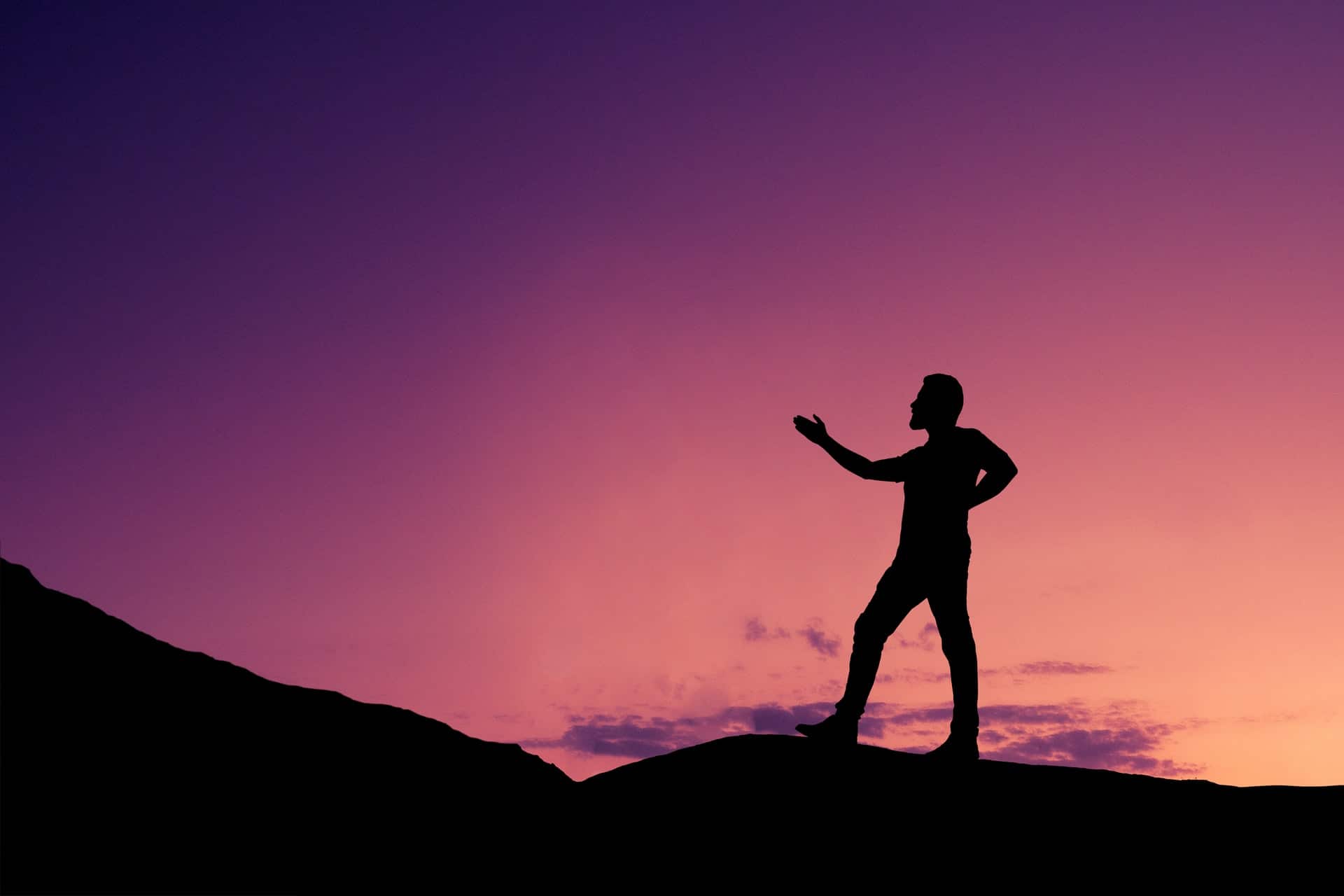
Tai Chi: How ‘Moving Meditation’ can Benefit Seniors
Getting good exercise as a senior can be challenging. Certain physical conditions may mean that past sports or activities are now off-limits. As seniors age, they’re also more likely to worry about their balance, ability and strength during exercise. Thankfully, tai chi is an excellent option for seniors.
Tai chi is a low-impact activity that’s easy on the joints while also strengthening muscles. It doesn’t require any special equipment either. This activity is a golden opportunity for seniors to stay healthy in their aging years without the risk.
Let’s go over the benefits of tai chi for seniors and some ideas for getting started.
What is tai chi?
Tai chi is often called “moving meditation” because it involves low-impact movement done in fluid motion. These gentle, flowing movements are perfect for seniors because they build flexibility and strength without risk of injury.
Originally, tai chi began as a martial art in China, but today it’s often practiced as low-impact exercise across different cultures. Those who practice it often say it’s like slow-motion dancing. The series of movements are easy to learn and also can help you clear your mind.
Benefits of tai chi for seniors
Tai chi is excellent for seniors for a variety of different reasons, including physical, mental/emotional and social. Let’s take a closer look at how this activity can improve senior well-being across the board.
Physical
1. Better balance for lowered risk of falls
First of all, tai chi is great for seniors because it improves balance. Unlike other exercises that focus on strength-building, tai chi works balance, flexibility and coordination. This is good news for seniors’ motor skills, as they can improve their balance. This activity also strengthens ankles and knees for better motion overall.
Recent studies suggest that tai chi can reduce the risk of falls by up to 50 percent. That’s quite phenomenal. Seniors who practice it regularly could thus avoid trips to the hospital and stay well-balanced to better enjoy their daily lives.
2. Reduces arthritis and back pain
Because tai chi explores gentle, fluid movements, it’s also great for seniors who suffer from arthritis and back pain. The low-impact of this activity makes it a safe practice for seniors. In the end, it works to make these muscles more flexible and less prone to pain. For seniors who often sit on the sidelines because of fear of injury, tai chi is likewise safe for them to practice. It can even be adapted to be done from a chair, if needed.
3. Improves overall cardio health
Even though it’s not obvious, tai chi also improves the cardio health of practicers. That’s because the slow movements and combinations work the heart from a stable position. Raising your hands over your head or holding a position requires good heart health.
Studies done on tai chi show that it reduces blood pressure and can help patients recover from strokes and heart attacks more quickly. This makes it an excellent way to work the heart without the risk.
4. Boosts flexibility
Flexibility is an essential part of aging as well. Flexibility helps seniors keep their balance, avoid injury in weak joints such as ankles/knees and strengthen muscles without the risk of injury. For aging conditions such as arthritis or back pain, flexibility is essential to keep muscle groups moving and blood flow going.
5. Reduces bone loss
Recent studies also suggest that tai chi can help reduce bone loss. This is particularly true for women with osteoporosis. Tai chi is a weight-bearing exercise, which means it can help with bone growth. Bone density is important for seniors because it helps keep bones strong and less prone to breaking.
6. Improves immunity
Senior immune systems are key for fighting common illnesses. Luckily, tai chi helps boost immune system health in seniors. Seniors who practice it may have better responses to illnesses such as the flu and shingles, according to Harvard Medical School. During the aging process, immune systems lose their strength, so this is a great result for seniors who want to boost their disease-fighting ability.
7. Strengthens lower body and leg muscles
Tai chi is typically done on your feet – or adapted for a chair, if needed. Through the series of movements, lower body and leg strength is improved. For seniors, this type of physical conditioning is important because it can help support balance and coordination. In addition, keeping up the ability to walk is essential for senior health.
8. Enhances posture
A secondary benefit of tai chi is that it improves posture. Because it is all about body alignment and correct positioning, it can correct bad habits through the movements. In turn, this can improve posture and prevent back pain.
9. Results in weight loss
Finally, tai chi can help with weight loss in seniors. This is great for overweight seniors, as they can better perform physical tasks and may prevent pain from overloaded muscles (usually back pain). Weight loss can also help support cardio health overall.
Mental & Emotional
At the same time, tai chi has certain emotional benefits related to deep breathing and relaxation, as well as clear mental states. Let’s take a closer look at these benefits.
10. Reduces stress
Overall, those who do tai chi also find it reduces stress and anxiety. Studies even confirm this feeling of relaxation. This is likely due to the meditation-like state that tai chi promotes, as well as deep breathing. It also requires mental concentration, which can give seniors an escape from daily stresses.
11. Positively influences mood
Tai chi also works to reduce depression, anxiety and mood disorders. Though studies are still preliminary, the idea is that the deep breathing of tai chi benefits the mood-regulating hormones. In addition, it reduces anxiety symptoms in those who practice it regularly.
12. Improves cognition
There’s also evidence that tai chi improves memory and mental skills. That’s because it requires a high level of concentration. Some initial studies suggest a mild cognitive improvement in seniors with dementia, for example.
Other
13. Safe and adaptable for seniors
At the same time, tai chi is one of those unusual activities that can be adapted according to skill level. Because it’s low-impact, it’s extremely safe for seniors. It’s also suitable for seniors with different fitness levels and health conditions, as the movements can be performed at an individual level. Moreover, it doesn’t require any special equipment, making tai chi a best choice for seniors of diverse backgrounds.
14. Increases body awareness
Another potential benefit of tai chi is that seniors will have a better sense of body awareness. This activity involves movement in slow motion and requires focus in order to correctly flow from position to position. Seniors who practice tai chi may find themselves more attuned to their bodies and better able to address any discomfort they’re feeling.
15. Provides better sleep
Studies show that tai chi can also improve sleep. Because it reduces anxiety, it is also able to help people fall asleep. In particular, those who practice it regularly find an uptick in sleep quality.
16. Shows social benefits
Finally, tai chi has an important social benefit as well. Seniors who take tai chi classes together may find friendships and enjoy socializing with others before and after classes. It’s a chance to connect with other seniors and use the hobby as a way to meet new people.
How to get started with tai chi
It’s easy to get started with tai chi. You don’t need to prepare in any special way for your first class and you won’t need any special equipment either. You can simply wear loose, comfortable clothing and sturdy shoes.
Specifically, you can take these five steps to get started with tai chi:
- Ask your doctor if tai chi is recommended for you.
- Find classes at your senior or community center.
- Check out tai chi videos on YouTube or tai chi apps on your smartphone.
- Practice at home as part of your daily routine.
- Keep it up regularly to see health benefits.
It’s that simple! While it may take time to learn most of the tai chi movements, the learning process is good for your health and fun too.
Conclusion
As you can see, tai chi for seniors is an excellent idea. It has some hugely positive impacts on physical, emotional and social health. In addition, it’s ideal for seniors who need low-impact exercise in order to avoid injuries.
Of course, tai chi isn’t the only form of exercise that seniors can try. If you’re looking for ways to stay active as a senior, MyCaringPlan has a list of potential options to get you moving. Here you’ll also find plenty of resources for senior living, too!
Sources:
- Protect your bones with tai chi, Harvard, www.health.harvard.edu
Related Articles

When Is It Time for Assisted Living?
Wondering if it is time for assisted living for your loved one is a common question for caregivers. As a caregiver, you might have been considering the question for months or possibly even years. Your loved one might have declined to continue the discussion as the thought of moving out of their family home and […]
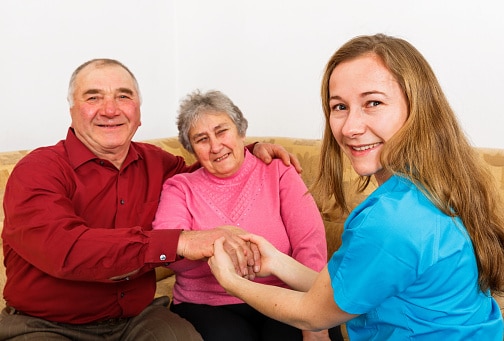
All About Adult Day Care: Community and Costs
Adult day care is a fairly new concept for caregivers. The basic idea is to provide a secure place where seniors can enjoy social activities during the day and be provided nursing care as needed. It’s a hybrid model of eldercare that prioritizes community. At the same time, seniors get help with common custodial tasks […]
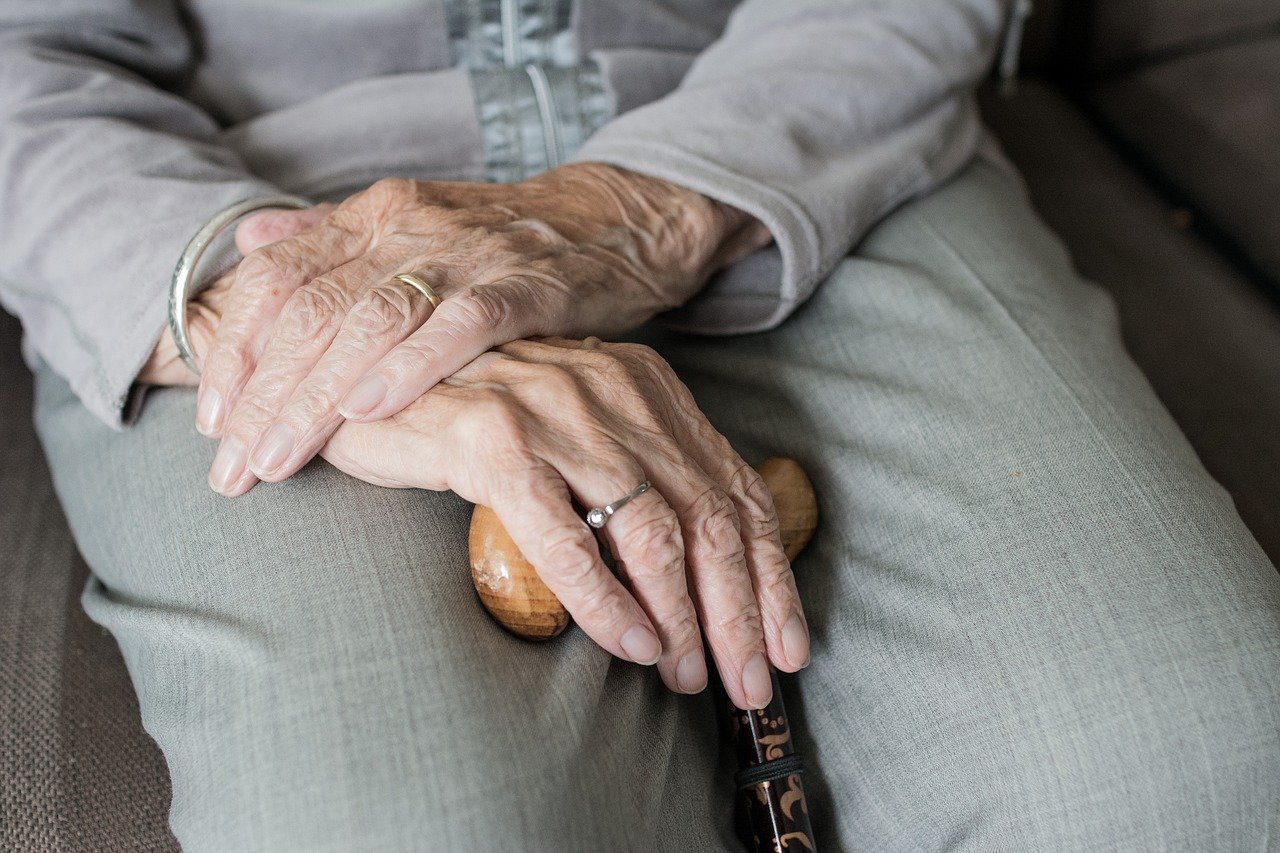
An Overview of Senior Rehabilitation Centers
Recovering from injury or illness in your golden years may take time and support. That’s where senior rehabilitation centers become essential. If you need a temporary stay to recover from injury or illness, senior rehabilitation centers can be the solution to get expert care and daily support. In this article, we’ll give you an overview […]
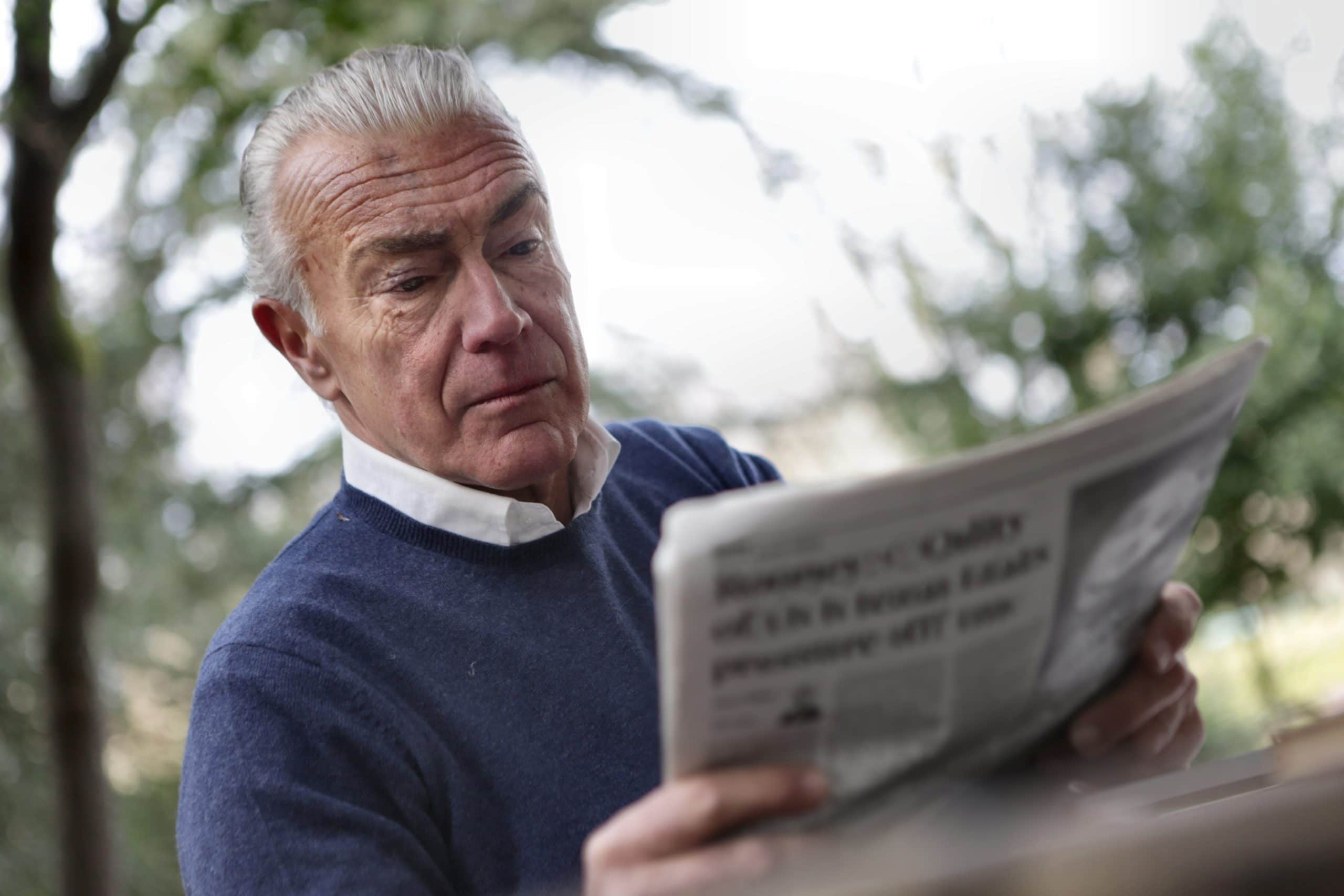
A Caregiver’s Guide to ADLs and IADLs
This article has been medically reviewed by Dr. Martin Duggan in 2021. This content is not intended to be a substitute for professional medical advice, diagnosis, or treatment. Always seek the advice of your physician or another qualified health provider with any questions you may have regarding a medical condition. As a family caregiver, your […]
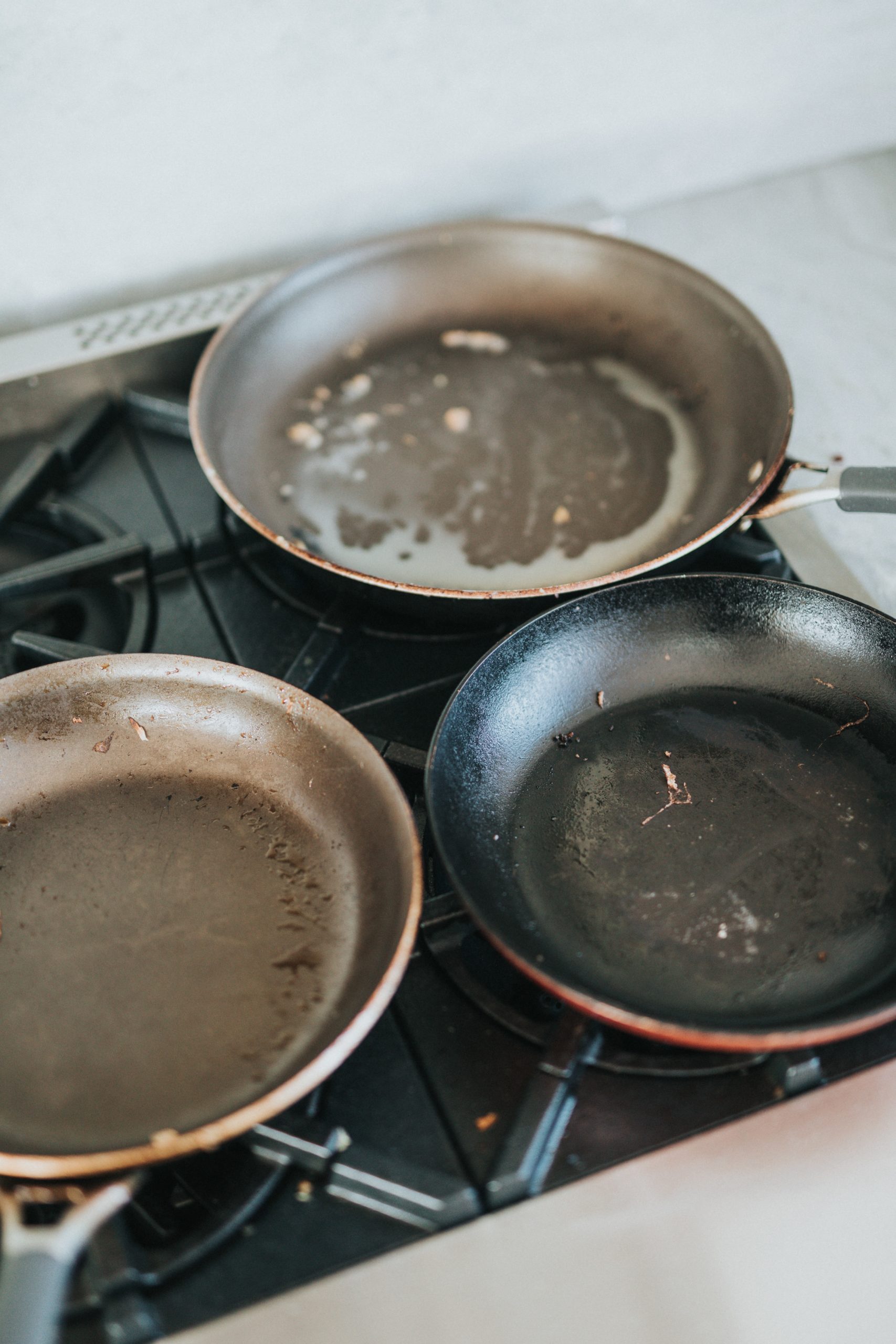
What is a Mechanical Soft Diet? Explanation, Preparation, and Meal Ideas
This article has been medically reviewed by Dr. Martin Duggan in 2021. This content is not intended to be a substitute for professional medical advice, diagnosis, or treatment. Always seek the advice of your physician or another qualified health provider with any questions you may have regarding a medical condition. As a caregiver, you may […]
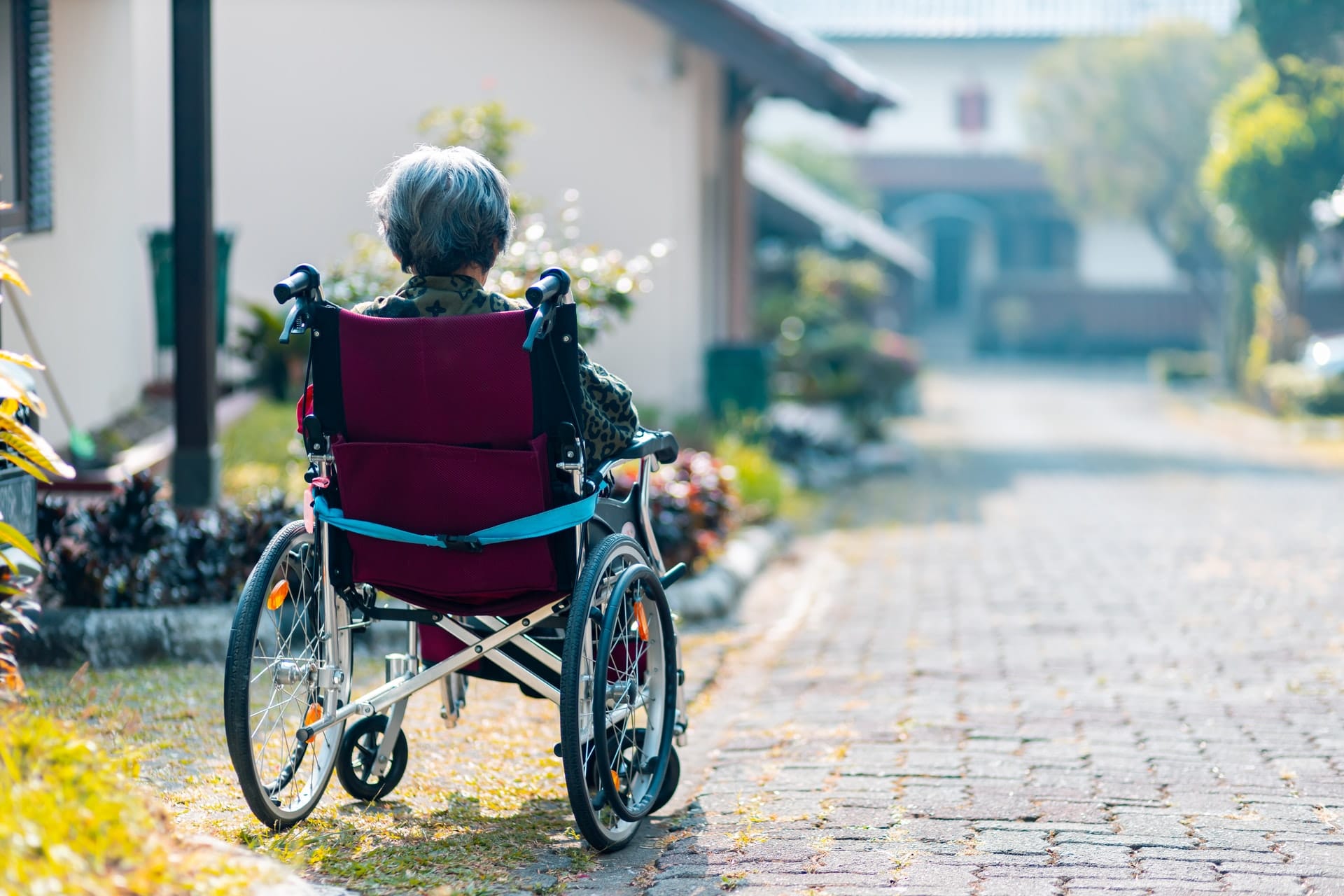
Benefits for Seniors with Disabilities
Oftentimes, seniors with disabilities qualify for health and financial assistance programs. However, they may be unaware of them or are confused about the eligibility requirements and enrollment process. Let’s go over the key programs for seniors with disabilities so that you have the information you need to get the benefits you deserve. Note on the 3 […]